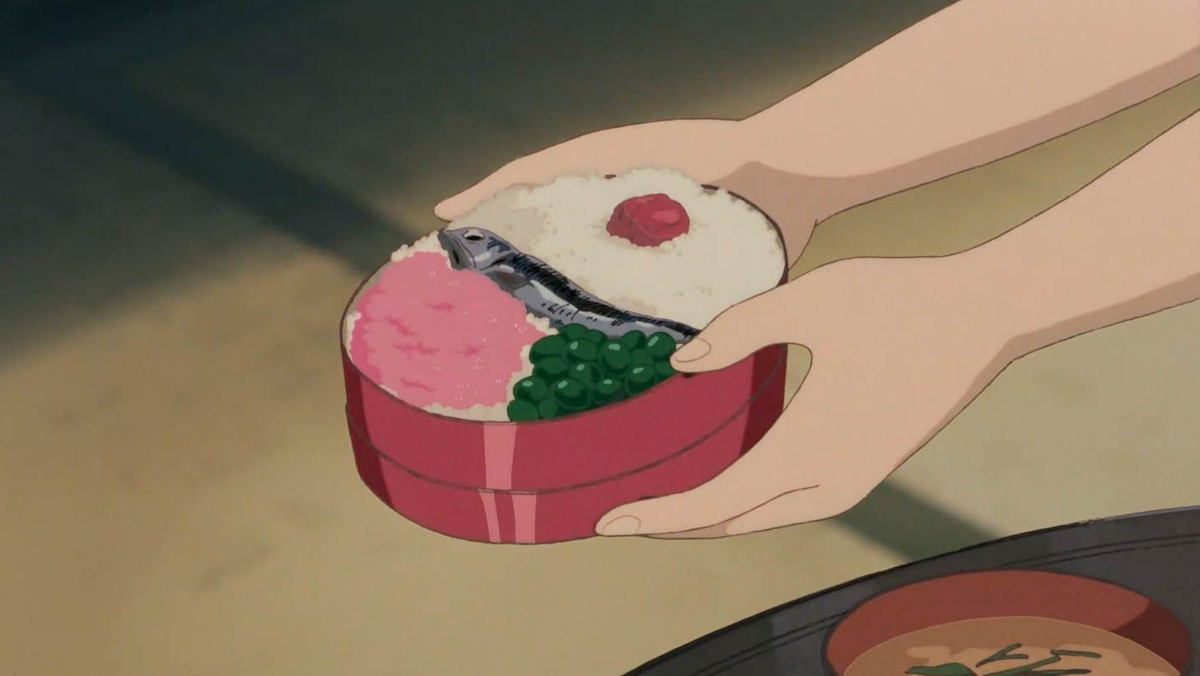If ever there were a truly bipartisan issue, it would be rice. Rice can do no wrong. It is simple but elegant. It nourishesOpens in a new tab without overwhelming. You can eat it when well and you can eat it when ill. You can even feed it to your dog when he has an upset stomach. Rice finds a home in cuisines all over the world. It’s quick, easy, inexpensive, and one of the few foods that restaurants are happy to offer consistently generous portions of. And now, it may even cure cholera.
The scientific journal The Lancet MicrobeOpens in a new tab advertises a new endeavor to pack an edible cholera vaccine in genetically modified rice; we first caught wind of the study by way of New AtlasOpens in a new tab. Scientists at the University of Tokyo have manufactured a strain of rice plant containing a non-toxic cholera antigen. From there, the plan involves grinding up the plant’s seeds to produce a orally ingestible powder serving as a vaccineOpens in a new tab.

Toho
Sadly, you can’t yet wolf down a hearty bowl of rice and consider yourself cholera-free, but it’s just as simple. You mix the aforesaid powder with water and take a swig.
The below passage from the study explains the experiment in more detail:
“We used a rice plant-based vaccine development platform to develop a strain of rice that expresses CTB in its protein bodies.7 The rice seeds can be ground into a powder to produce an oral cholera vaccine without the need for protein extraction or purification; we refer to this vaccineOpens in a new tab as MucoRice-CTB. The expression and storage of CTB within rice seeds provides a stable medium for the storage of CTB at room temperature for several years without loss of immunogenicity and protects the CTB from digestive enzymes in the gastrointestinal tract when MucoRice-CTB is administered orally.”
The study remains underway, so it’s premature to award rice yet another honor. But frankly, even if this doesn’t come to pass, its trophy chest is pretty full as is.
